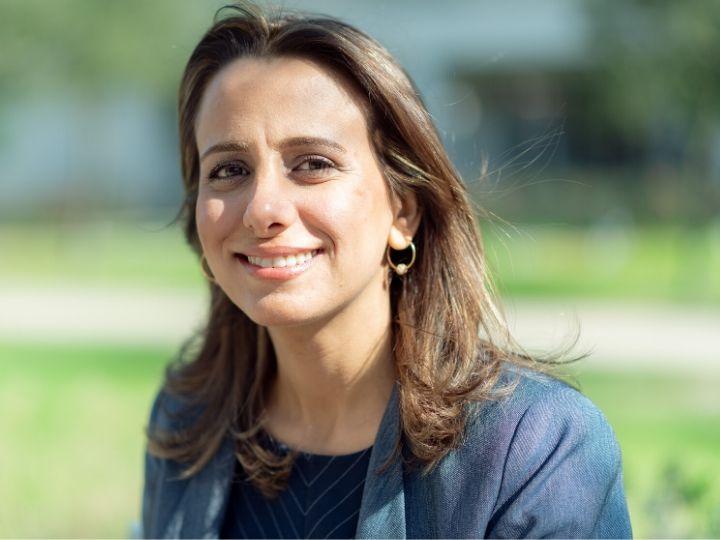Rose Faghih Wins NSF CAREER Award for MINDWATCH Proposal

Credit: University of Houston
As schools and universities around the globe pivot to online teaching, and millions of students stare at screens during their school day, it is hard to imagine a personalized learning experience. But UH assistant professor of electrical and computer engineering, Rose Faghih, sees it differently, and it all starts with students wearing smartwatches that deliver information about their emotional and cognitive states.
“Say a student has been watching an online video for eight minutes and has become disengaged; if we can track that, we could automatically pause the video for that student and give them a short quiz to make sure they’re keeping engaged,” said Faghih. The ability to react individually to a student in that manner will be made possible through closed loop brain-aware wearable architecture, currently lacking in common smartwatches.
For her proposal to create algorithms that deliver that kind of information about brain states, Faghih earned one of the most prestigious awards given by the National Science Foundation, the Faculty Early Career Development (CAREER) Award, which supports faculty early in their career who the NSF believes will eventually serve as academic role models in research and education and lead advances in their fields. The five-year award, worth $525,000, was given to Faghih for her project called MINDWATCH, an acronym for Multimodal Intelligent Noninvasive brain state Decoder for Wearable AdapTive Closed-loop arcHitectures.
Faghih’s signal processing and control algorithms, or infrastructure, for a wearable device delivers information on three types of brain states – stress, cognitive engagement (or boredom) and cognitive learning, based on multiple signals from the wearer including sweat response, respiration, cardiac function and temperature.
Faghih calls it a navigation system for the brain. “It overcomes the barriers to achieving brain-aware wearables by pioneering a transformative system-theoretic computational toolset for noninvasive closed-loop wearable architectures that monitor and modulate brain function without needing neural recordings,” said Faghih. In other words, judging brain states has never been so easy; not needed is electroencephalogram (EEG) testing and monitoring, in which electrodes are attached to the scalp or a cap to measure brain activity.
The potential applications for the closed loop technology are endless.
“Another application can be for the elderly. If they are home alone, and they are not engaged, or they are depressed, the algorithm can detect it in a smart home setting and then change the frequency or color of light in their home, or start playing music in the background so they become engaged again,” said Faghih, who will be testing the smart light and music system in her lab.
###
Media Contact
Laurie Fickman
[email protected]
Original Source
https:/




